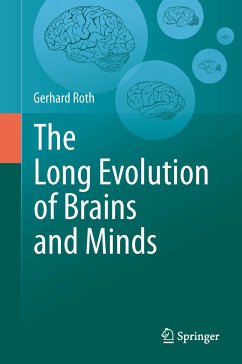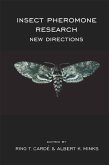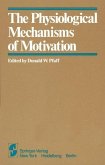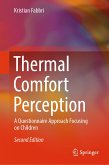Dieser Download kann aus rechtlichen Gründen nur mit Rechnungsadresse in A, B, BG, CY, CZ, D, DK, EW, E, FIN, F, GR, HR, H, IRL, I, LT, L, LR, M, NL, PL, P, R, S, SLO, SK ausgeliefert werden.
"The author examines in detail the structural/functional differences in the ring nervous systems of Cnidaria, diffuse nerve nets of bilateria, and the complex invertebrate brain of cephalopods (especially octopus), among others. ... This book is highly recommended for anyone with research agendas in comparative neuroscience, evolutionary neuroscience, cognitive science in general, and philosophy of mind." (Paul Tibbetts, The Quarterly Review of Biology, Vol. 88, December, 2013)









